In June 2024, astronauts Suni Williams and Butch Wilmore were launched to the International Space Station (ISS) aboard Boeing’s Starliner spacecraft.
What was meant to be an eight-day mission has now turned into an extended stay in space. A series of technical glitches with the Starliner has left the astronauts waiting for an alternate return plan.
Boeing’s Embarrassing Predicament
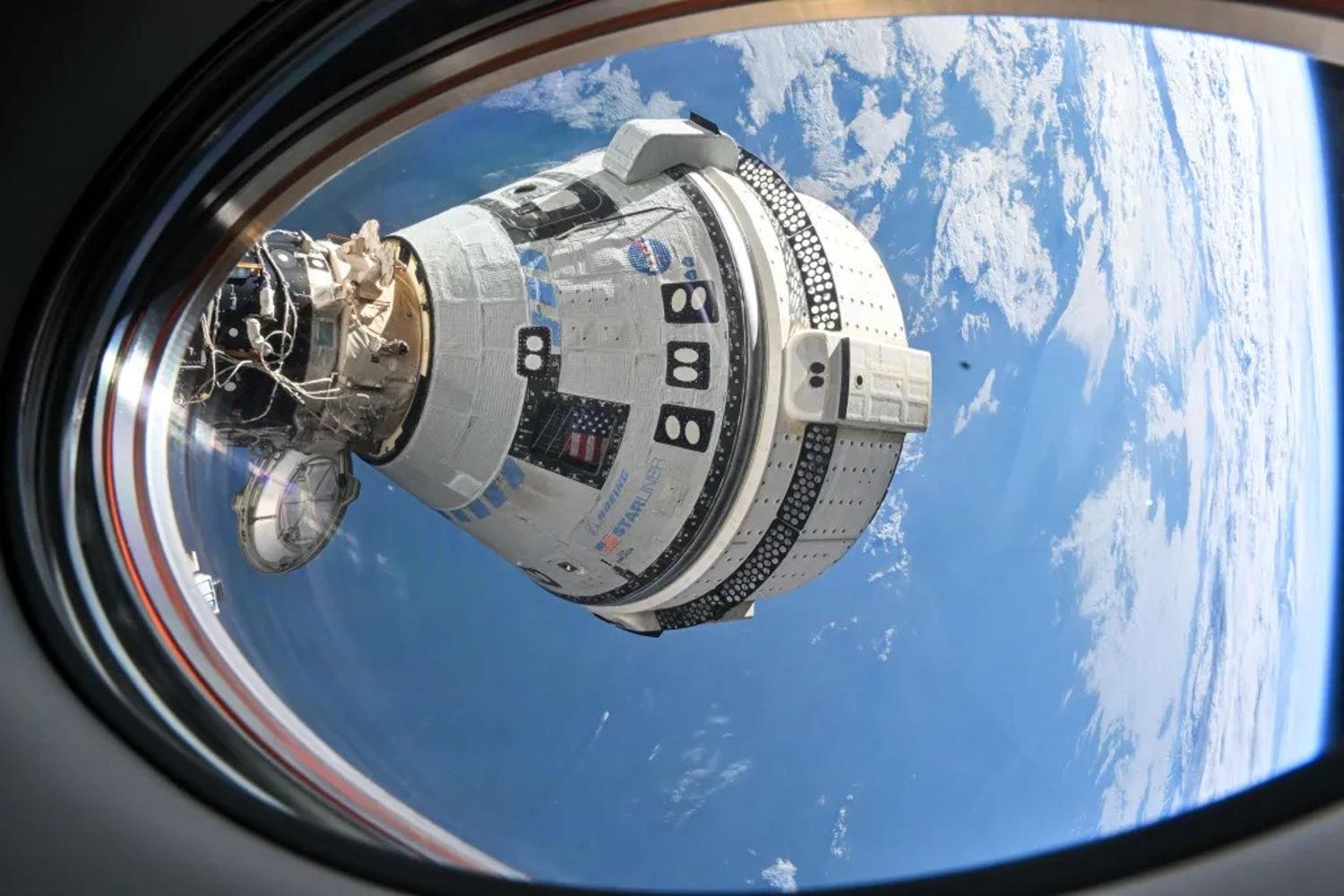
Boeing, once a symbol of aerospace excellence, now faces a humiliating situation. The company’s Starliner capsule has been deemed too risky for the astronauts’ return.
NASA, unwilling to take chances, has decided to use Elon Musk’s SpaceX Crew Dragon to bring the astronauts home safely in February 2025.
The Critical Decision
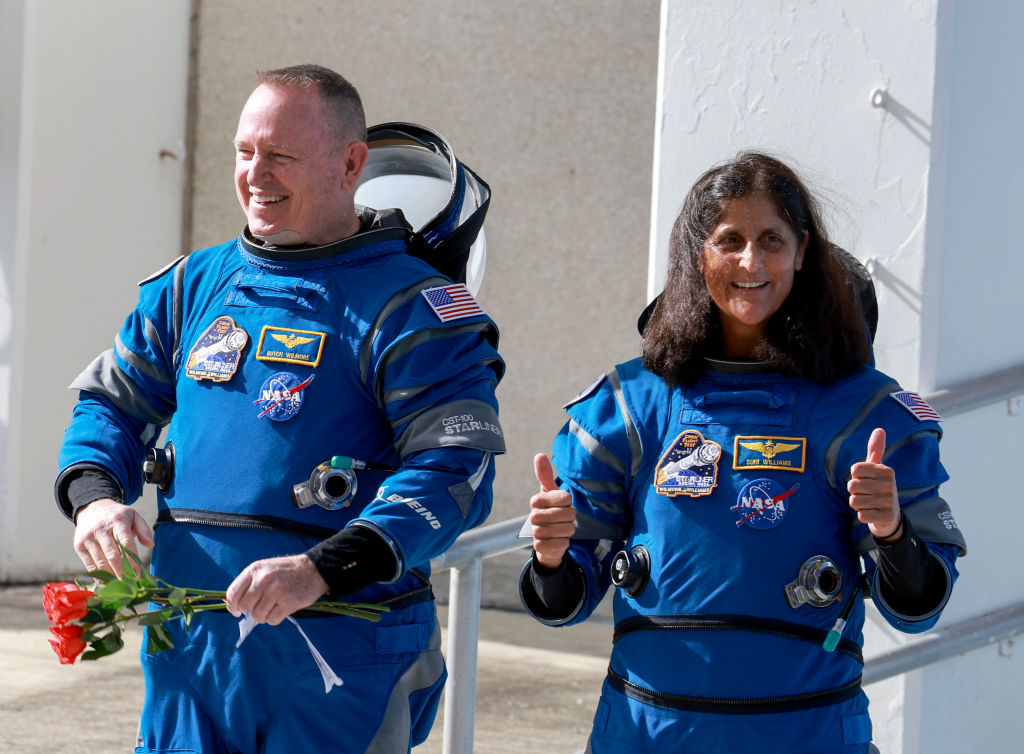
After two months of testing, NASA found several flaws with Boeing’s Starliner, including a helium leak and failing thrusters.
On August 7, 2024, NASA’s Steve Stich described potential issues as “multiple failures,” prompting the agency to prioritize astronaut safety and switch to SpaceX’s Crew Dragon.
A Blow to Morale
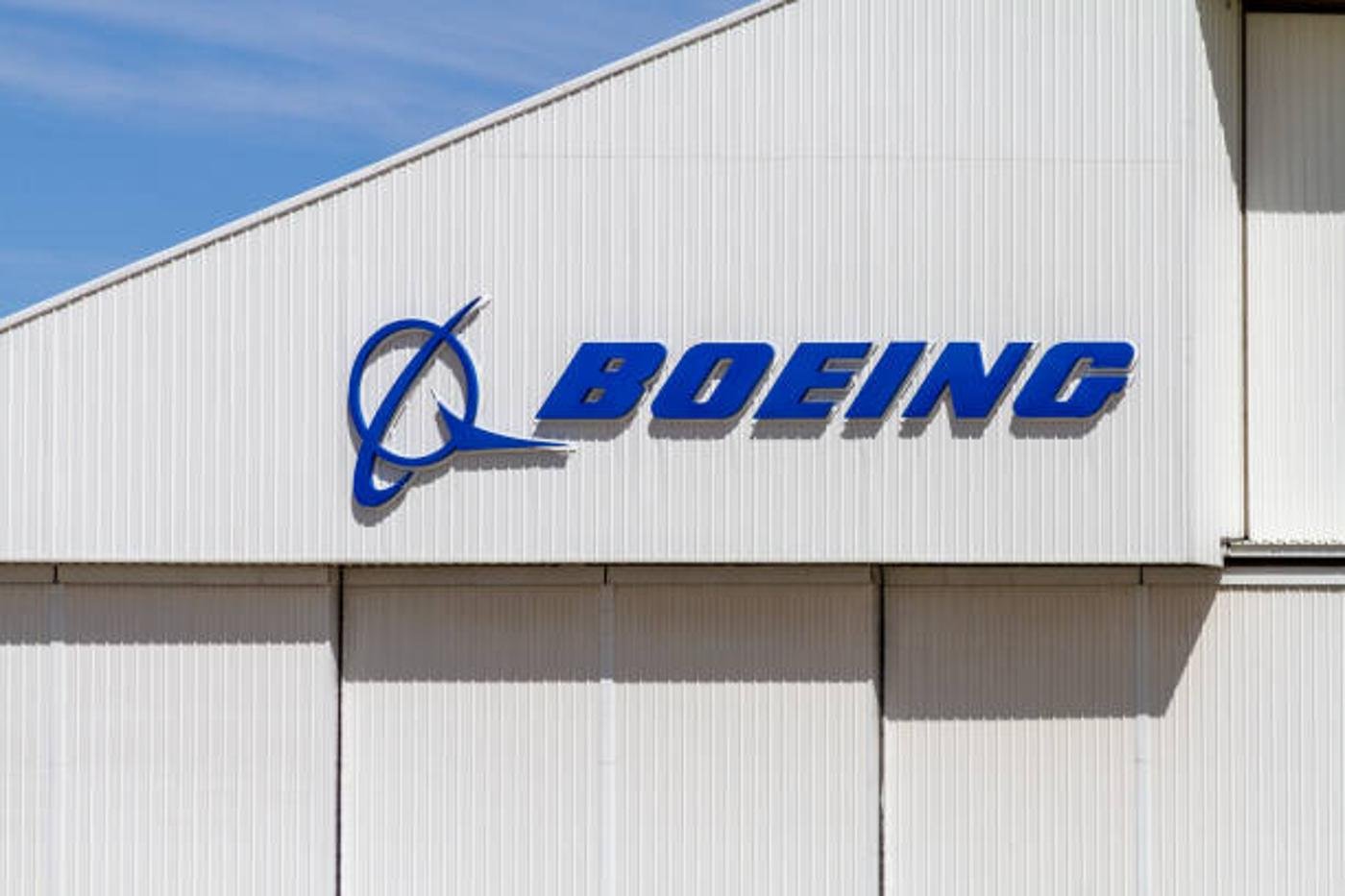
Boeing employees have described the situation as “humiliating.” The Starliner’s failures have added to a growing list of Boeing embarrassments, including recent commercial flight incidents.
One Boeing worker admitted that morale is “in the toilet,” with many in the company blaming NASA for their current predicament.
A History of Excellence, Now Tarnished
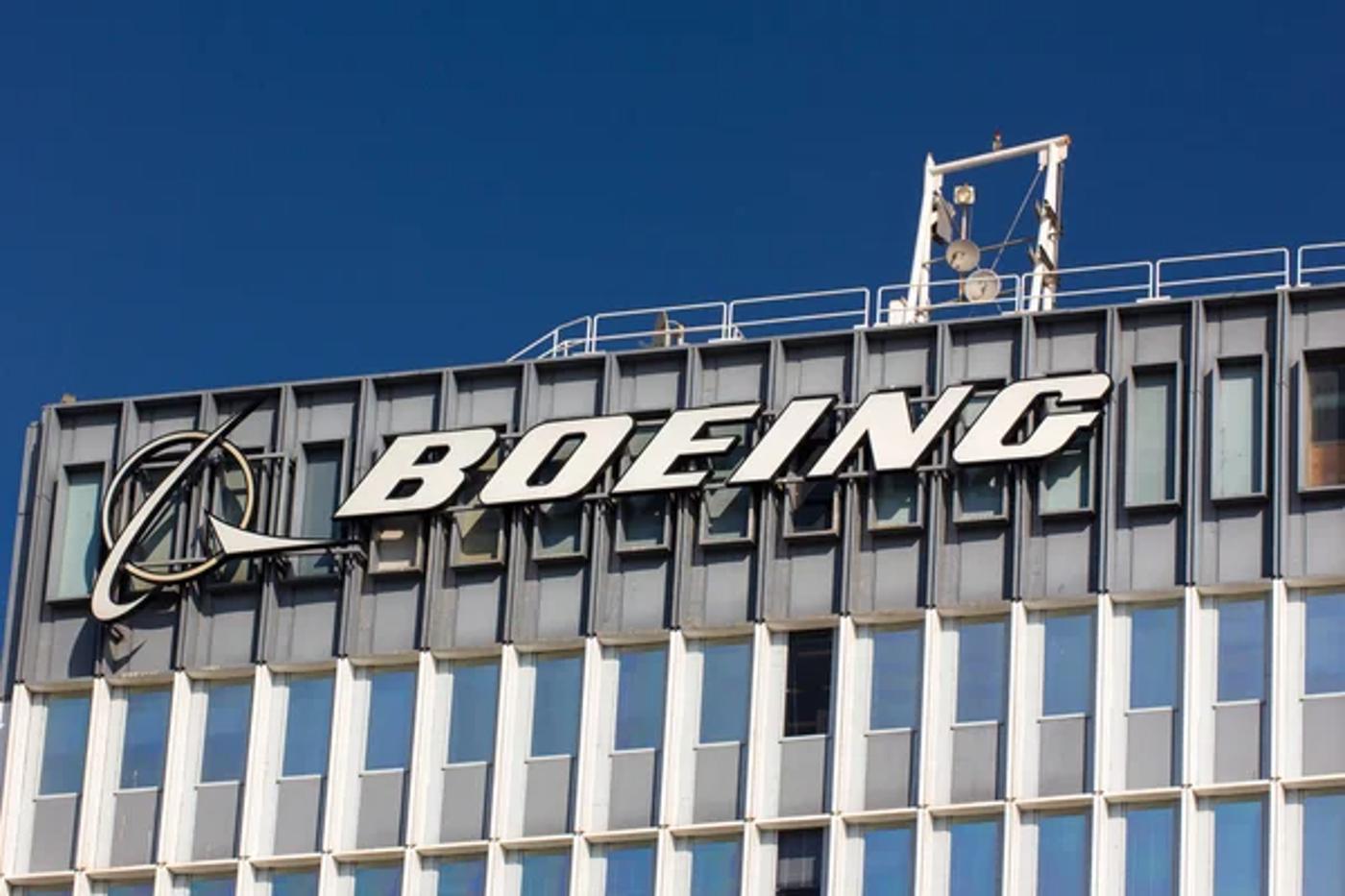
Boeing once symbolized safety and innovation in aerospace, known for its “If it ain’t Boeing, I ain’t going” mantra.
The company’s engineering standards were unmatched until the 1997 merger with McDonnell Douglas, which shifted the focus from engineering excellence to profit margins.
The Impact on NASA’s Lunar Ambitions
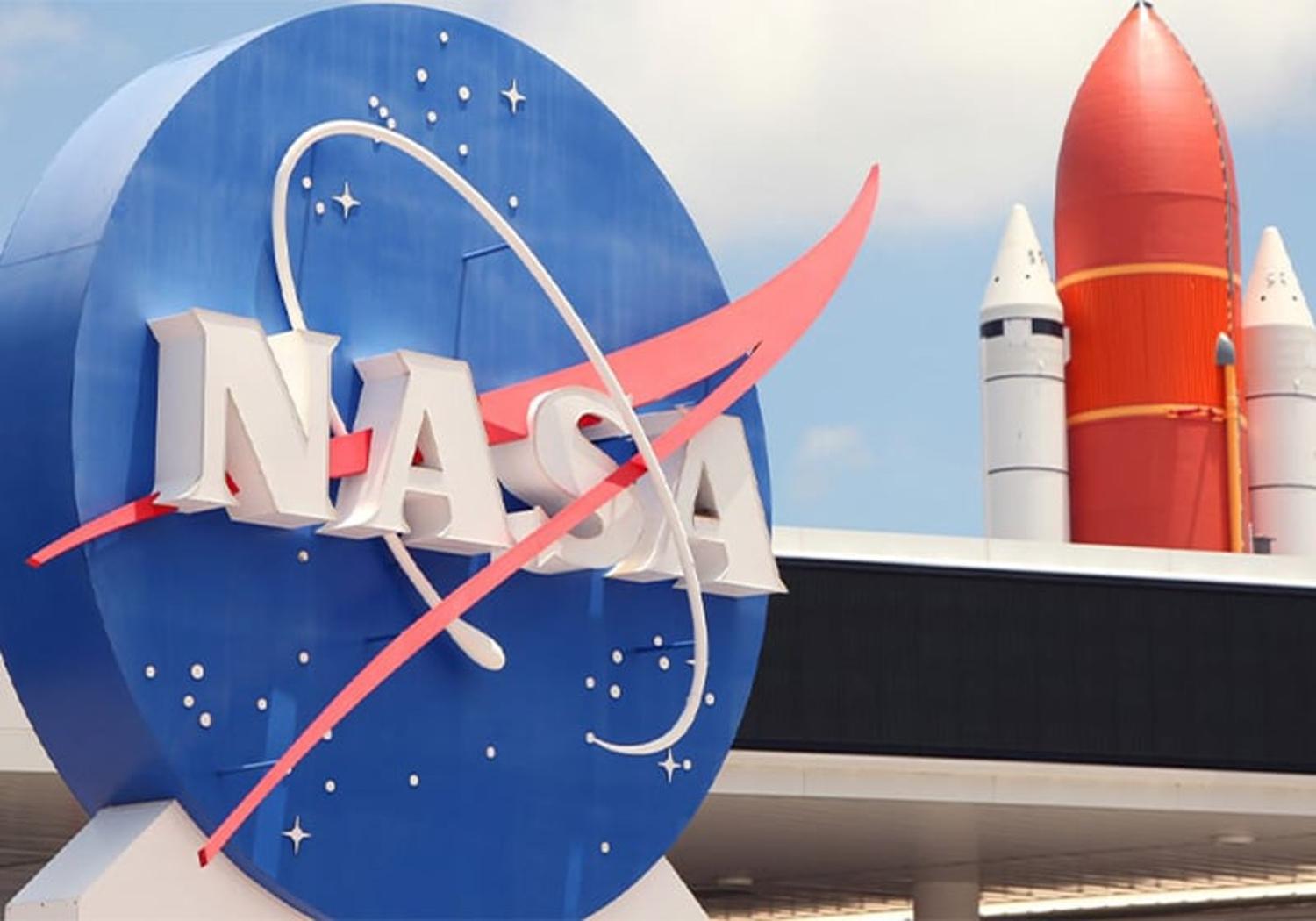
The Starliner’s troubles have raised concerns beyond the ISS mission. Boeing’s engineering issues now threaten NASA’s Artemis program, which aims to return humans to the moon by 2026.
NASA’s reliance on Boeing for the Space Launch System has put the entire program under a cloud of uncertainty.
Starliner’s Troubles Unveiled
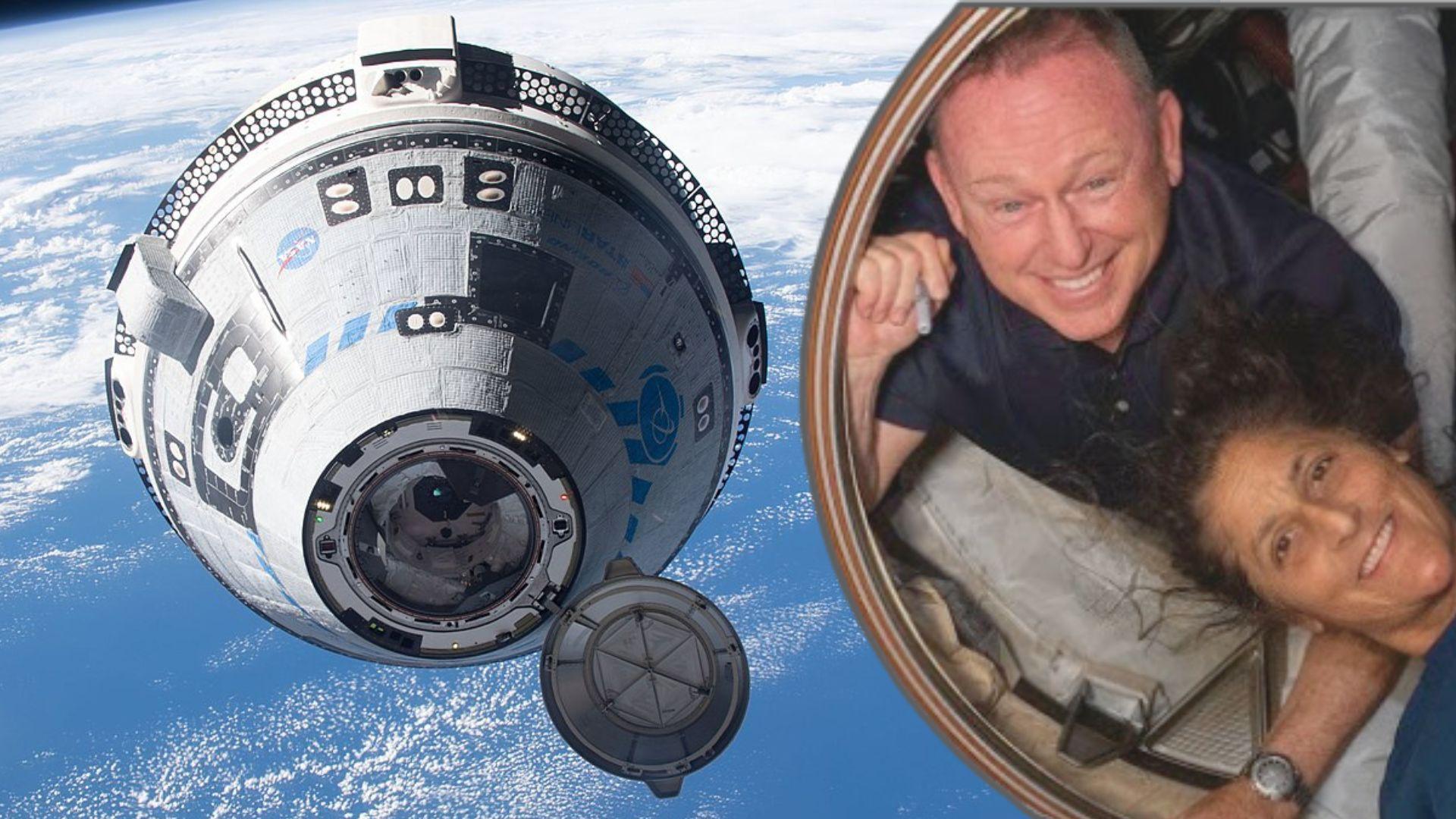
The initial problems with Starliner began before liftoff in June 2024, with a helium leak that worsened after docking at the ISS.
The spacecraft’s thruster issues added to the concerns. Despite Boeing’s claims that Starliner could safely bring the astronauts home, NASA was not willing to risk their lives.
The Cost of Errors

Boeing’s troubles aren’t just technical—they’re financial. The company has reportedly spent an additional $1.5 billion over the initial $4.5 billion NASA contract due to cost overruns and delays.
These issues threaten Boeing’s reputation and future contracts with NASA, especially with rising competition from SpaceX.
SpaceX to the Rescue
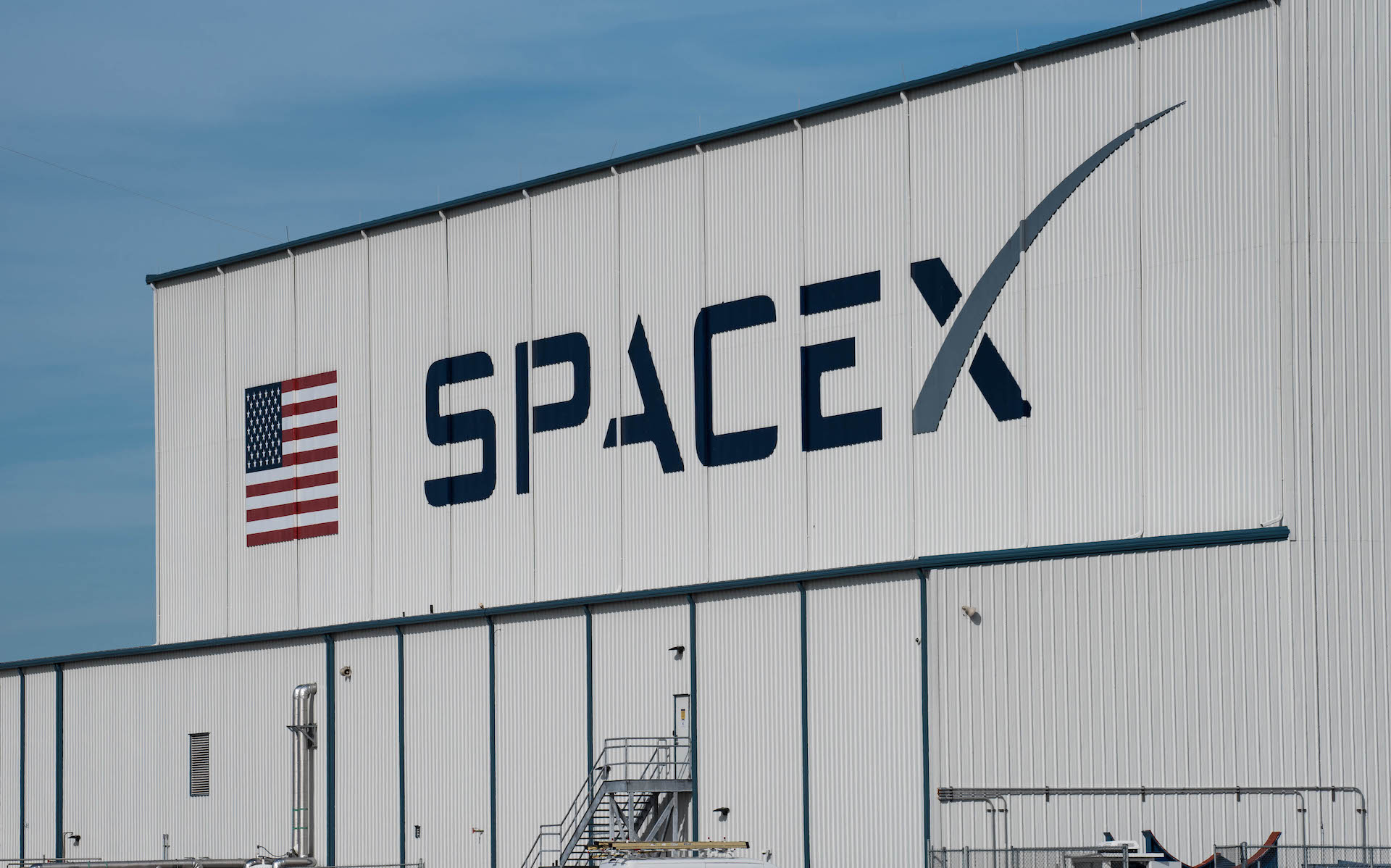
SpaceX’s Crew Dragon, a rival spacecraft, has now been chosen to bring the astronauts back. This decision highlights a shift in NASA’s trust, moving away from Boeing to Elon Musk’s upstart company.
The switch to SpaceX’s mission in February 2025 marks another blow to Boeing’s standing in the space industry.
The Future of Boeing’s Space Ventures
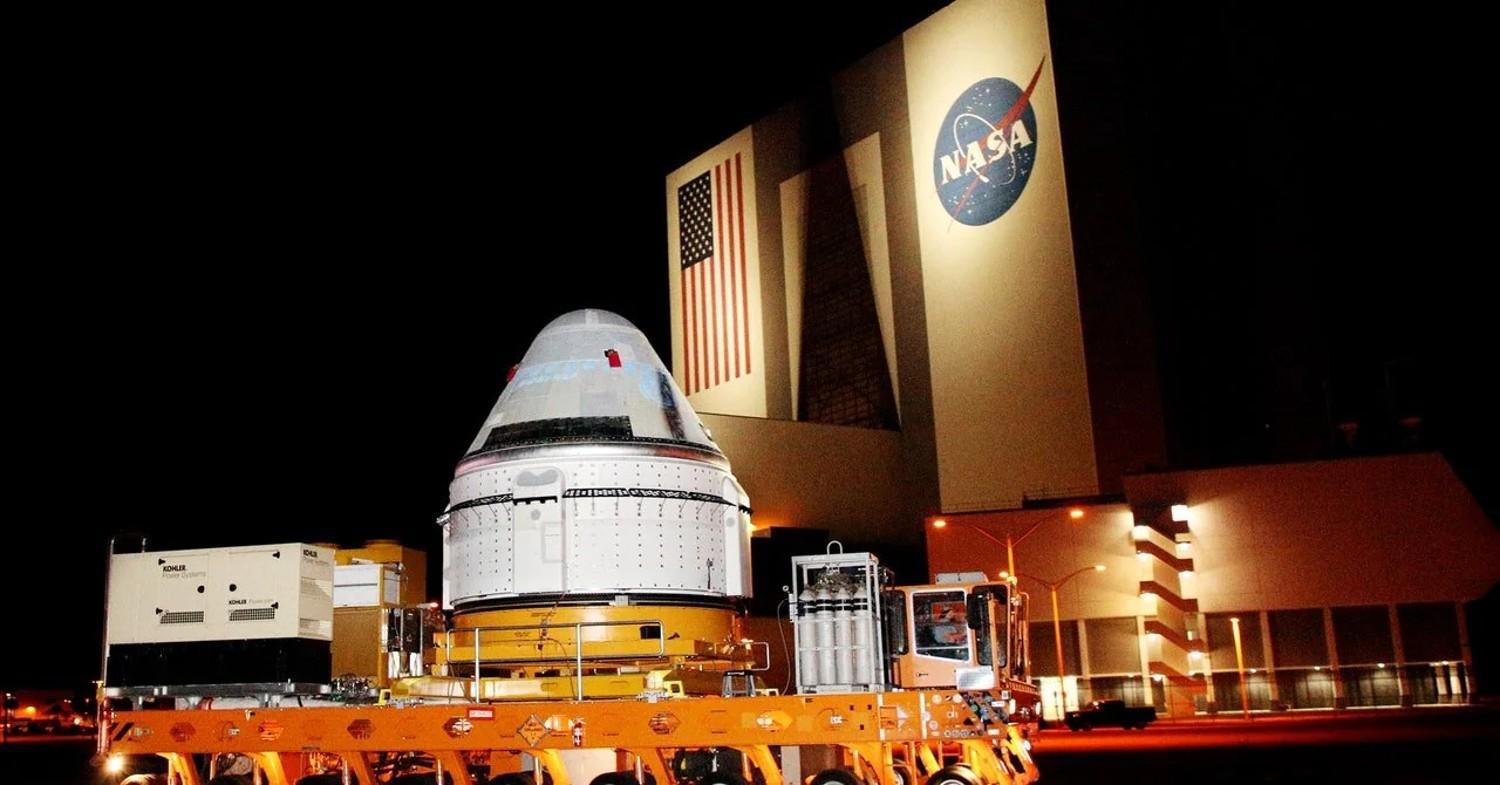
Boeing’s role in future NASA missions is now under scrutiny. The company will need to address both its technical and ethical shortcomings to regain NASA’s confidence.
This will require significant improvements in their engineering processes and a return to the high safety standards Boeing was once known for.Boeing’s role in future NASA missions is now under scrutiny. The company will need to address both its technical and ethical shortcomings to regain NASA’s confidence.
NASA’s Dilemma
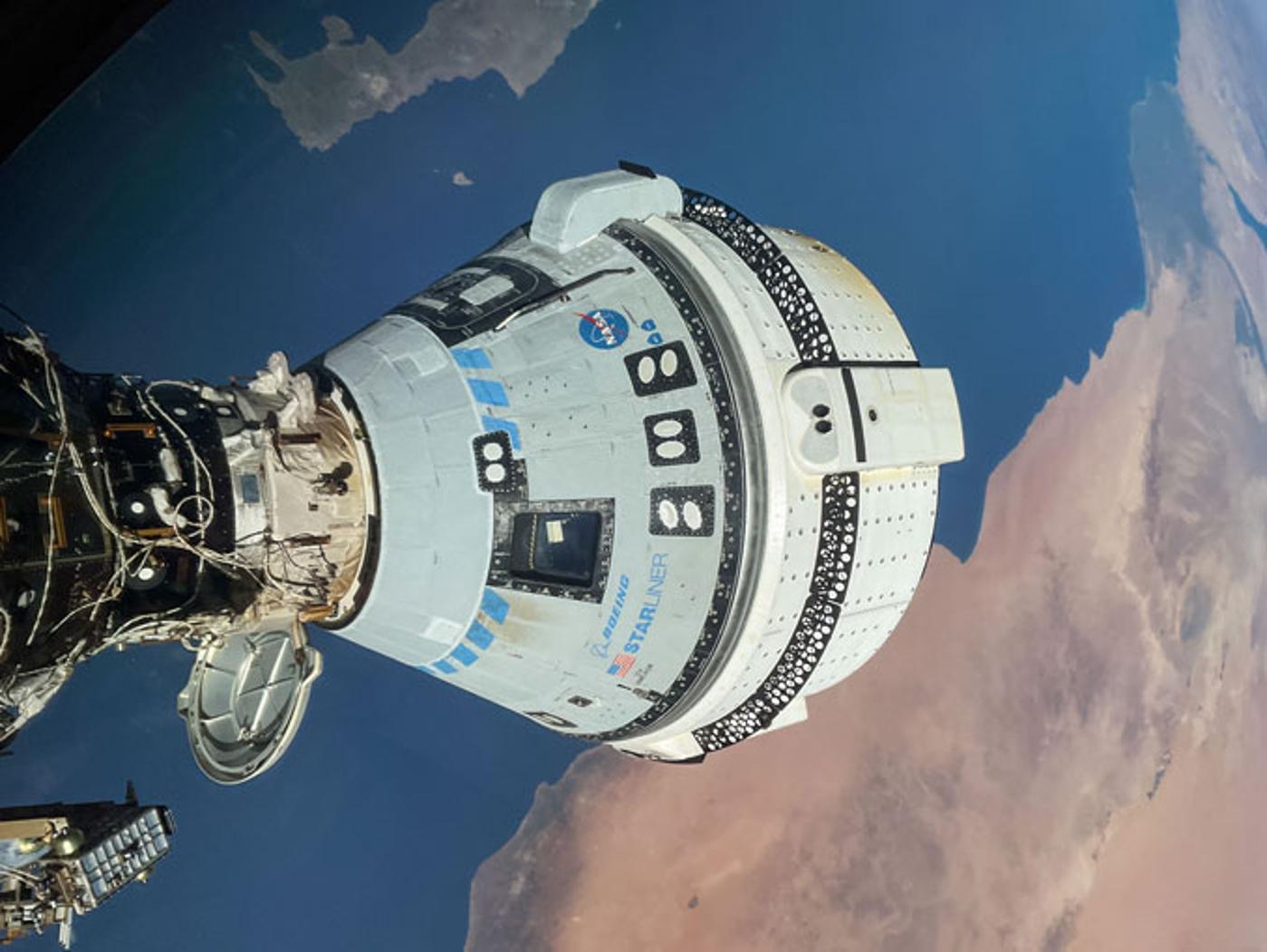
Despite Boeing’s current issues, NASA is still tied to the company for the Artemis program’s success. The Space Launch System, developed primarily by Boeing, is crucial for lunar missions.
However, NASA’s shift towards fixed-price contracts may push Boeing to prioritize cost over safety—a risky gamble for future space endeavors.
Rebuilding Trust
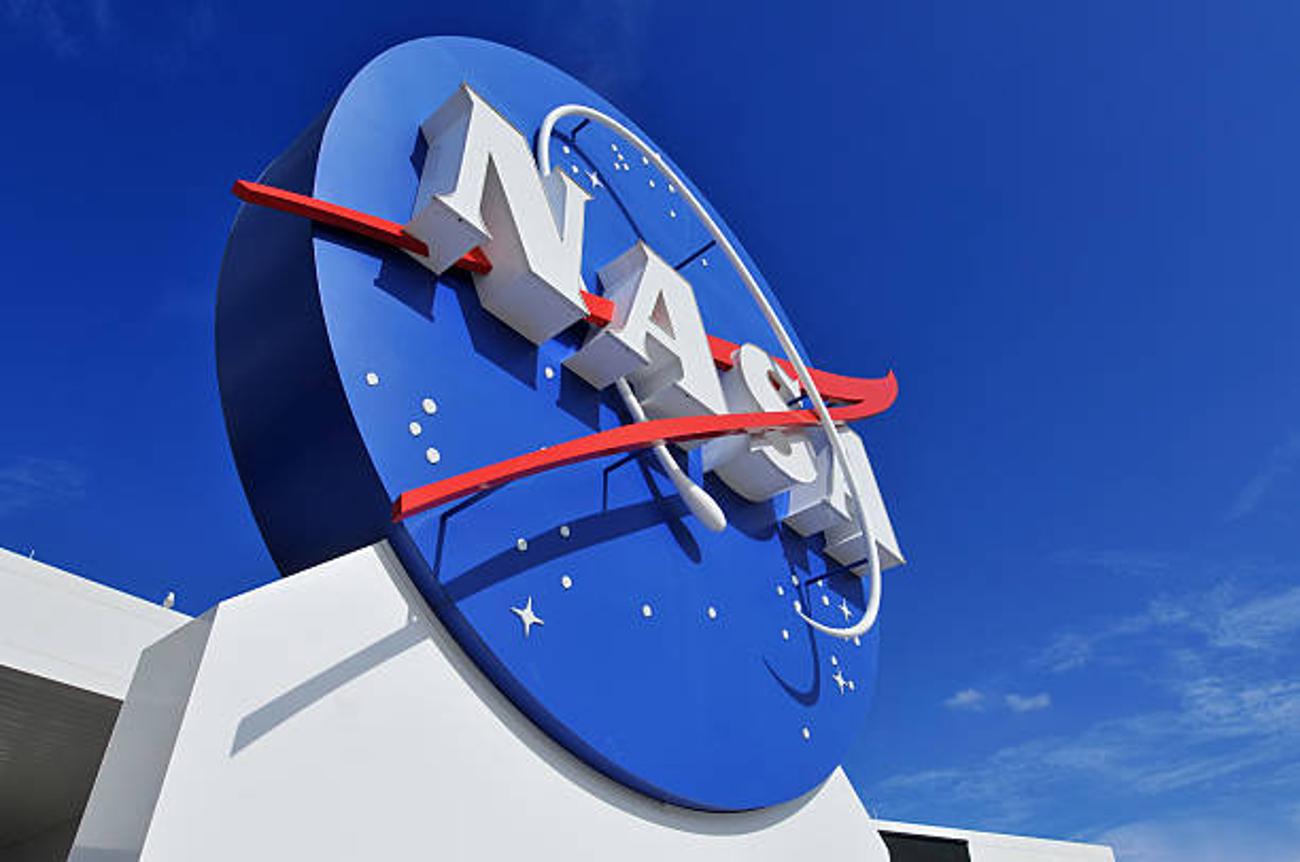
For Boeing, the path forward involves more than fixing Starliner. The company must rebuild trust with NASA, the astronauts, and the public.
As Boeing continues to work on Starliner’s safety and functionality, all eyes are on whether the aerospace giant can overcome this rough patch (putting it lightly) and regain its once-stellar reputation.








































